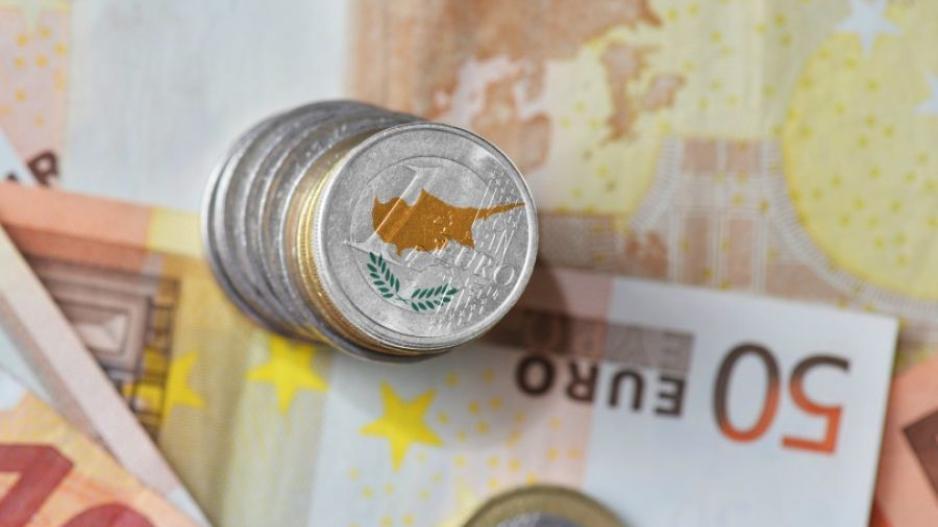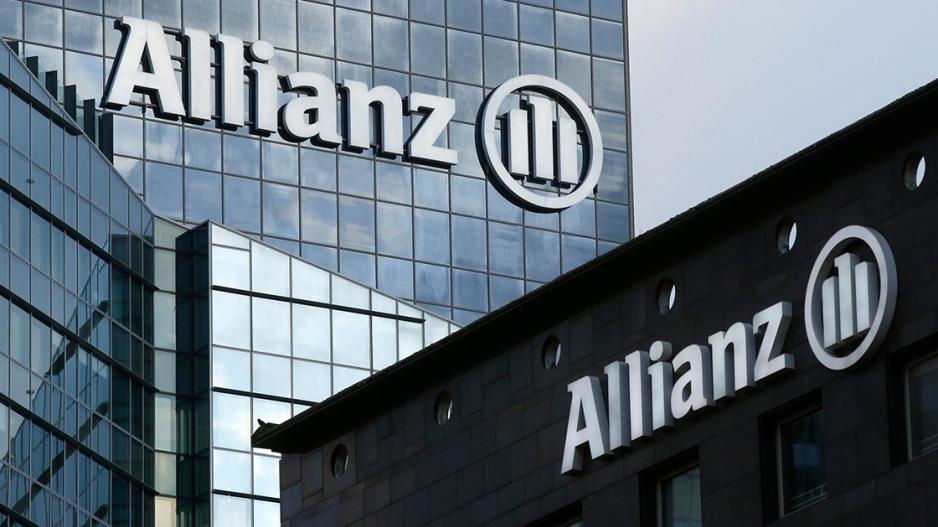Allianz: The 3 Strengths and 3 Weaknesses of Cyprus’s Economy
While growth is projected to slow in the coming years, Cyprus continues to demonstrate resilience.
Allianz’s latest Country Risk Report highlights Cyprus’s current economic landscape, noting the country’s sustained resilience since its 2013 financial crisis but also underscoring ongoing challenges. The country holds a Medium Risk rating for enterprise, reflecting both encouraging growth drivers and structural constraints.
Strengths
-
Solid recovery since the 2013 financial crisis
-
Strong public finances and clear commitment to improved fiscal positions
-
Significant reduction in the non-performing loan (NPL) ratio, coupled with improved bank capitalization
Weaknesses
-
Elevated private debt amplifies financial vulnerabilities
-
Structural reforms are necessary to unlock the country’s long-term growth potential
-
The large tourism sector depends heavily on a narrow set of source countries

Cyprus’s economy remained robust in 2024, outpacing the Eurozone average despite periodic volatility. Looking ahead, growth is expected to moderate—reaching around +1.8% in 2025 and then gradually easing to +1.6% in 2026 as global conditions become less supportive and domestic demand normalizes.
Service exports—especially in the information and communication technology (ICT) sector and tourism—maintained their momentum in 2024, despite heightened geopolitical tensions. Strategic relocations of firms to Cyprus have bolstered growth, with companies seeking a stable operating environment. This diversification effort has helped reduce reliance on any single market, particularly valuable given ongoing global uncertainties.
While international arrivals in the summer of 2024 were still 2% below pre-pandemic levels, Cyprus has adapted well to the loss of Russian and Ukrainian visitors—who accounted for about 20% of arrivals in 2019—by attracting more travelers from Western Europe. The UK led the influx with 34% of total arrivals in the first half of 2024, followed by Israel at 10%. Although the ongoing Middle East conflict remains a downside risk, its impact on the Cypriot tourism industry has thus far been modest.
Cyprus benefited from the gradual normalization of energy prices in 2023, driving inflation down to 1.4% in Q3 2024, significantly lower than its post-pandemic peak of 9.5% in Q3 2022. Looking forward, inflation is expected to edge up towards 2% in 2025 and 2026, in line with the European Central Bank’s target range.
According to Allianz, Cyprus’s government remains committed to fiscal discipline. After registering a surplus of around 2.0% of GDP in 2023, the fiscal balance improved further in 2024 thanks to robust revenue growth. This upward trend in revenues has been propelled by stronger labor market conditions, higher social security contributions introduced in January 2024, and rising corporate, personal income, and VAT receipts.
On the expenditure side, wage bills are climbing due to inflation indexation and increased social contributions for civil servants. Public investment, meanwhile, benefits from the Recovery and Resilience Plan (RRP) and other EU funding under the 2021–2027 budget. Looking ahead, the surplus is likely to remain positive but could narrow somewhat, especially if large-scale infrastructure projects—such as the liquefied natural gas terminal—incur additional fiscal costs or face implementation delays.

A strengthening labor market in 2024 saw the unemployment rate drop to 4.5% by Q3, marking the lowest level in 15 years. Growth in the tourism and public sectors, along with an influx of skilled foreign workers attracted by government initiatives to bring in multinational businesses, has helped ease skill mismatches. Overall labor market slack remains limited.
The Cypriot economy is heavily reliant on its services sector, which accounts for roughly 78% of GDP and employs over 70% of the workforce (2023 data). Tourism, shipping, and real estate remain key pillars, leaving the country vulnerable to geopolitical shocks or global health crises. International sanctions on Russia following the invasion of Ukraine underscore this exposure, as they disrupt a historically important services market for Cyprus.
Since the 2013 crisis, the banking sector in Cyprus has achieved significant improvements:
-
NPLs declined from a peak of EUR29.2 billion in 2014 to EUR1.7 billion in June 2024.
-
The average NPL ratio among Cypriot banks has fallen below 7%, though it remains high relative to the Eurozone average.






